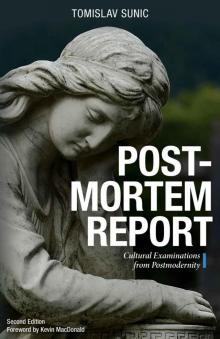The Opportunities of Youth


Author: Donald Phillips
Category: Other
Published: 2012
Series:
View: 334
Read OnlineA humorous look at the YTS or YOPS schemes of the nineteen seventies by someone who worked in them for several years in what was then Avon County.This book is a comedy, but the reader needs to understand a little of the background of Youth Opportunities as they were known. In the late seventies the Thatcher Government determined for once and for all to destroy the power of the Trade Unions who they felt were holding the country to ransom and to be fair, the majority of people in the country at least half agreed with her. However, what the Thatcherites actually achieved with their monetarist policies was the destruction of the countries manufacturing base, which slid rapidly downhill and has been diminishing ever since. Apprenticeships and other types of trade learning practically vanished overnight as companies cut down on all possible expenditures and then went to the wall in droves, buried under an interest rate that finally topped out at eighteen percent as Thatcher determinedly pursued her policies.There is no doubt that this did severely curb union power. However, it also removed the livelihood and job opportunities of thousands upon thousands of school leavers. This was especially true for the less able kids who had relied on jobs in the manufacturing industries. And so in Avon County, now vanished from the face of the earth, ACYOPS was invented, (Avon County Youth Opportunities Scheme), to give these unemployed kids something to do. The idea was that they should be paid a minimum wage by the state and placed with kindly employers who would teach them the ropes in return for their prepaid labour. In other words free workers from the government in return for giving them real world experience. Some, the more able, were put straight with employers. The rest were first of all put with Supervisors in groups to learn such skills as building and painting and decorating. They practiced on community halls, church halls and other buildings whose owners were very happy to have the work done, however slowly, for only the cost of the materials.
 Postmortem Report
Postmortem Report Shamus Dust
Shamus Dust Kidnapped By The Cowboy (C Bar C Ranch Book 2)
Kidnapped By The Cowboy (C Bar C Ranch Book 2) The Invincible
The Invincible Lifestyle Mastery Boxed Set
Lifestyle Mastery Boxed Set Knocked Down
Knocked Down He Knows Your Secrets
He Knows Your Secrets Gifting Crayons: An ABDL MM Romance (Regressed Book 1)
Gifting Crayons: An ABDL MM Romance (Regressed Book 1)